
The macaque, weighing about 3kg, was discovered after straying into a warehouse.

A white swan was stolen from Saigon Zoo and Botanical Gardens, one of the world’s oldest zoos, before being recovered by police, zoo officials said on Tuesday.

HCM City will allow the installation of electric motorbike battery-swapping facilities on sidewalks starting this month, with priority given to locations that already have charging stations and bus shelters, according to the city’s Department of Construction.

Low-emission rice is emerging as a strategic pathway for Việt Nam to meet climate pledges, strengthen competitiveness and build a high-value national rice brand while improving farmers’ livelihoods.

Saline intrusion during the 2025–2026 dry season in Vĩnh Long Province is forecast to be complex, with saltwater likely to penetrate deep inland and persist into the early months of 2026, according to local officials.

In Việt Nam, Cambodia and Thailand, the agricultural biomass accounts for a significant share. Changing how rice straw is viewed is no longer an option. It has become a necessity, experts have said.

The turtle was preliminarily identified as an Olive Ridley sea turtle (Lepidochelys olivacea), a species listed as endangered and strictly protected on the IUCN Red List of Threatened Species and Việt Nam's Red Data Book.

When encountering injured, illegally kept or stray wild animals near residential areas, people are advised to remain calm, not attempt to capture or keep them, and contact for guidance and timely assistance.

Environmental sanitation workers face high health risks when they must descend into narrow sewers to chip away grease layers using manual tools or high-pressure hydraulic equipment.

As climate change intensifies pest pressures across Southeast Asia, Việt Nam is pushing a regional framework to standardise how biological pesticides are regulated, tested and approved.

HCM City experienced unusually cold weather on the morning of January 9, as temperatures dropped to around 16–17 degrees Celsius, the lowest level recorded in nearly a decade.

The southern province of Cà Mau plans to invest more than VNĐ26.8 trillion (US$1.05 billion) in a large-scale programme to prevent coastal and riverbank erosion, as the Mekong Delta locality races to protect communities, critical infrastructure and ecosystems from worsening climate impacts.

The system forecasts air quality trends over time and space, thereby supporting the direction and management of pollution control measures.

In the Hồng (Red) River Delta, minimum temperatures are forecast at 9–12 degrees Celsius, with some areas below 8 degrees Celsius in the next few days.

Provinces and cities are required to synchronously and effectively implement the Việt Nam Forestry Development Strategy, the National Forestry Master Plan and key sectoral programmes and projects.

Hà Nội is rolling out comprehensive solutions, ranging from policy refinement and technical measures to mobilising financial resources, to further control major emissions sources.

The lists are an important legal foundation in production management, import, trade and use of plant protection products, contributing to ensuring agricultural production, people’s health and the environment.

The new programme clearly reflects a shift in thinking from passive response to proactive prevention, placing emphasis on controlling trends from the outset.
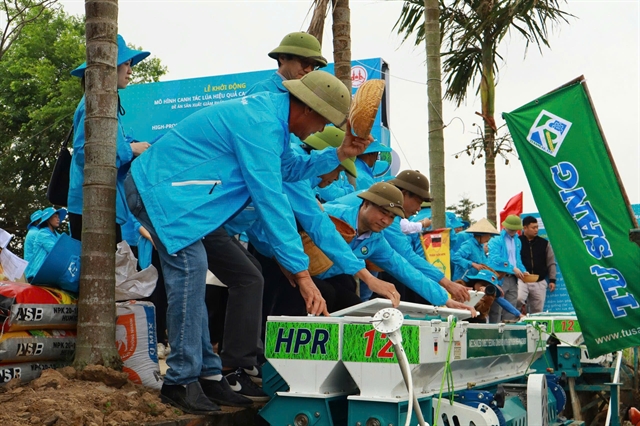
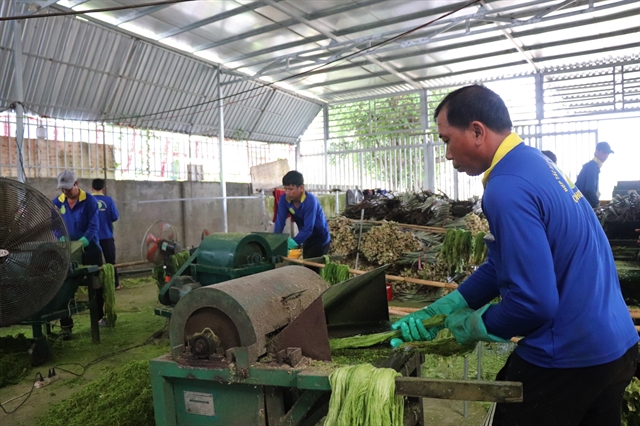
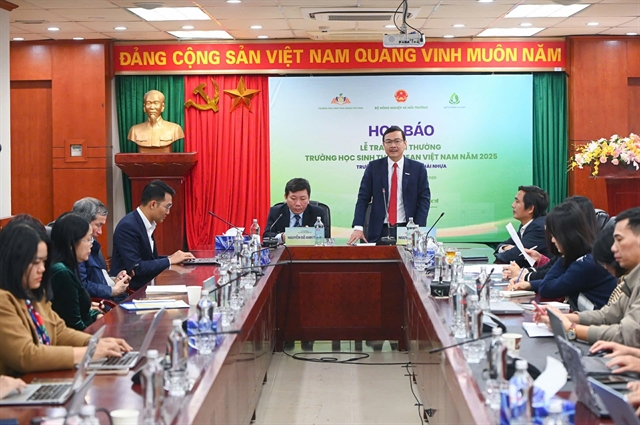
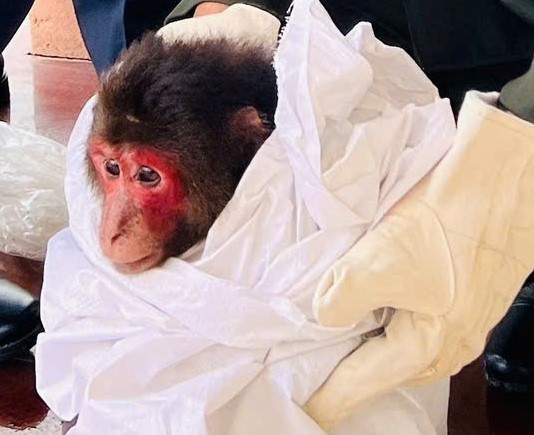

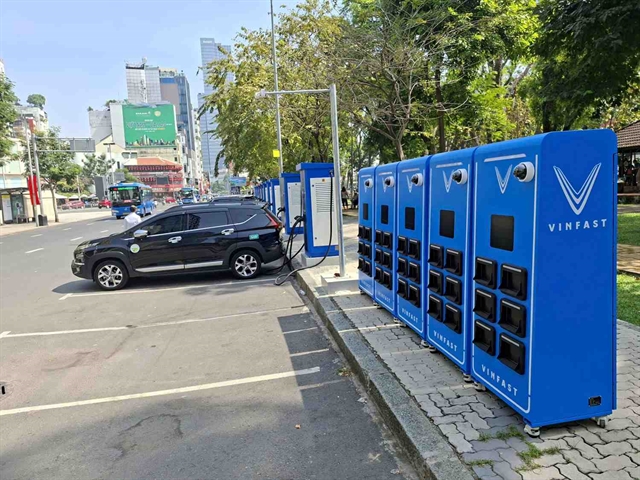
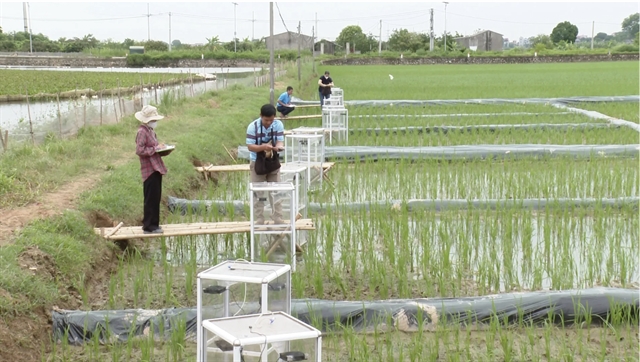
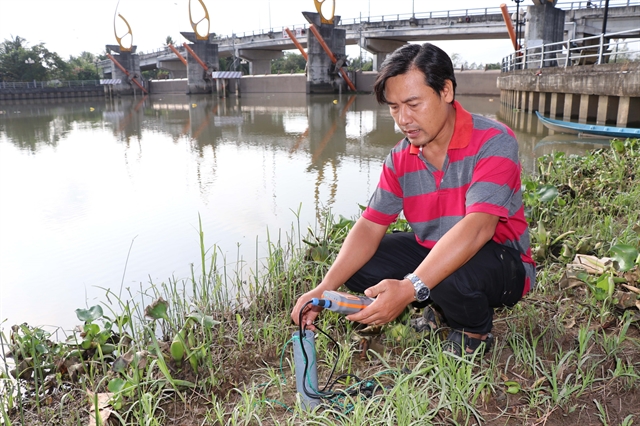

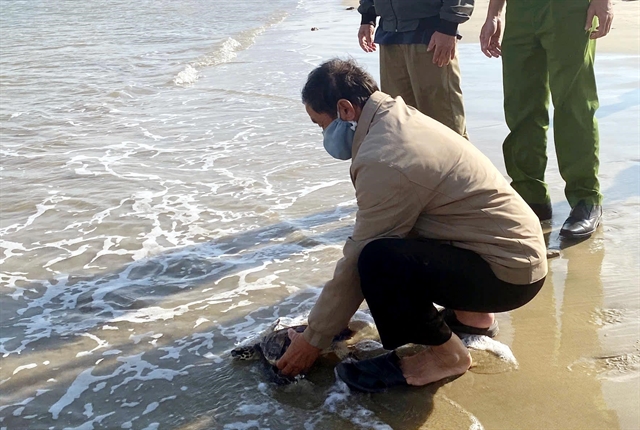
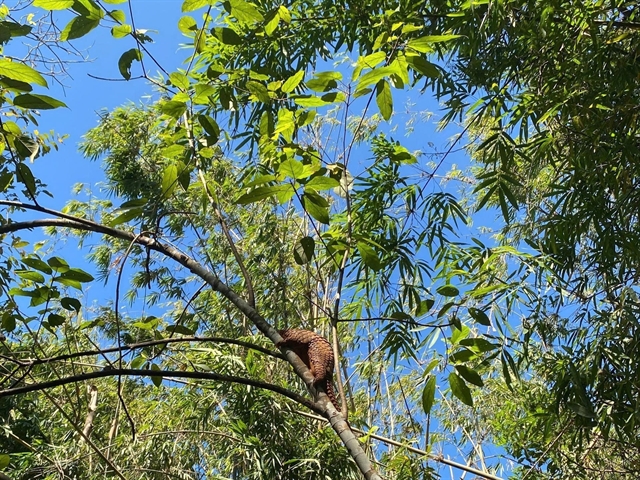
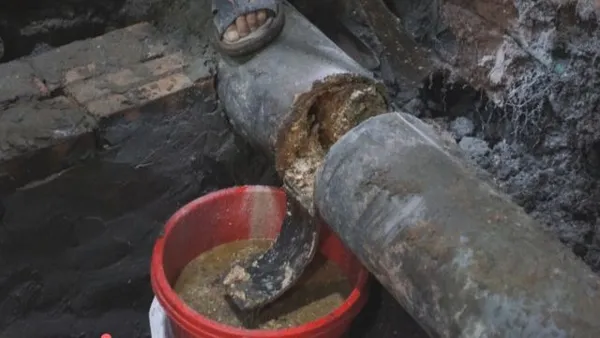
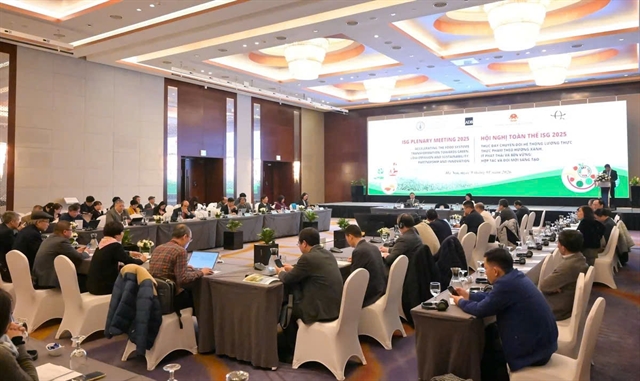
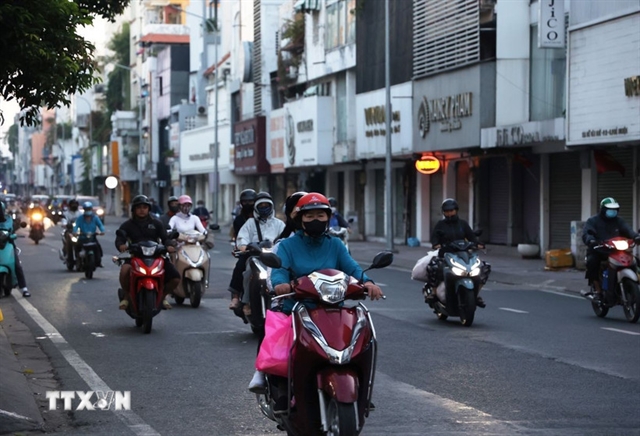





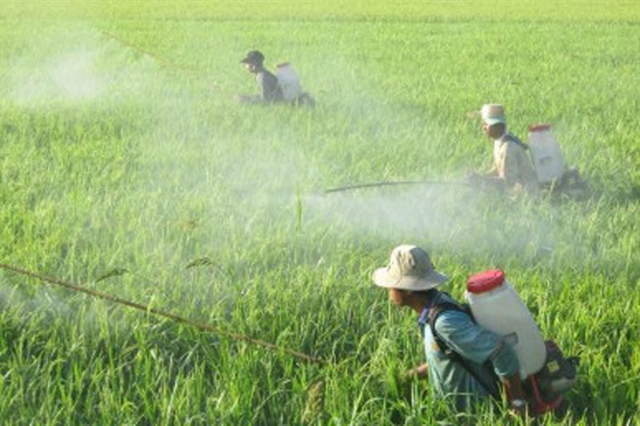
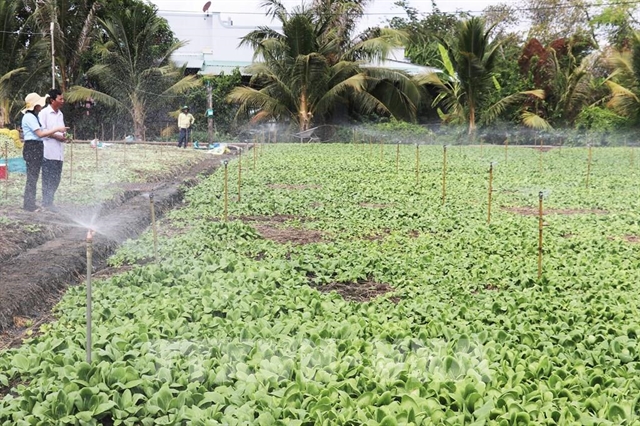

.jpg)





